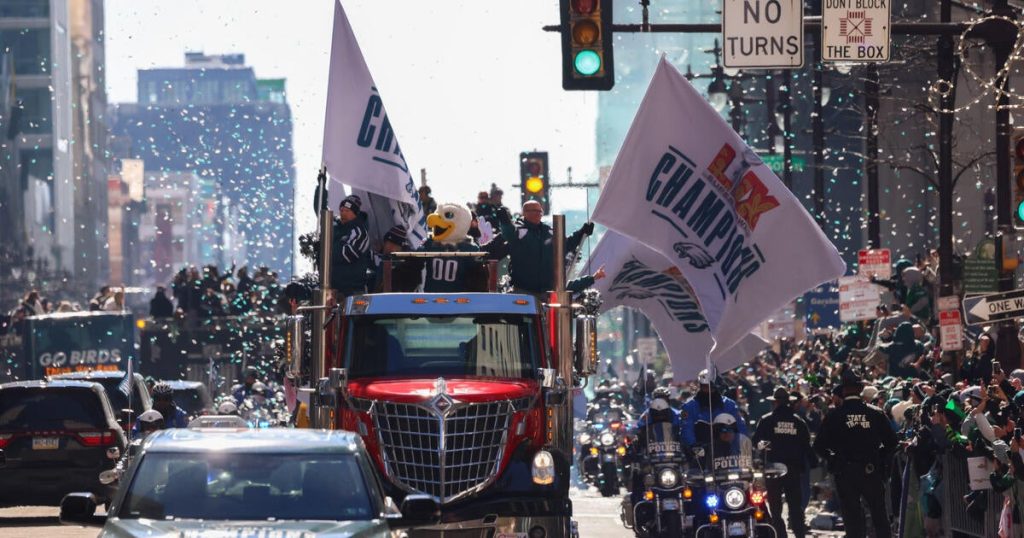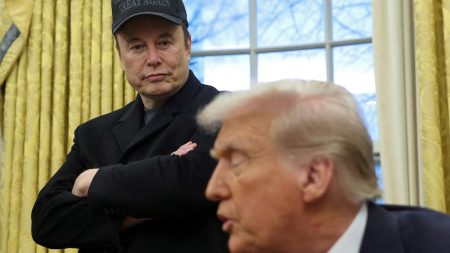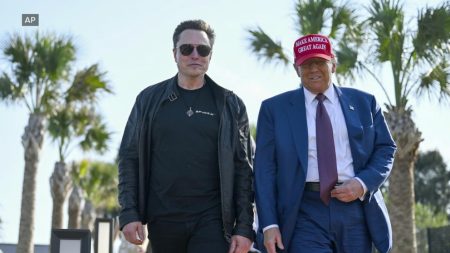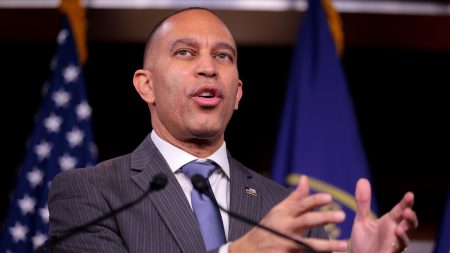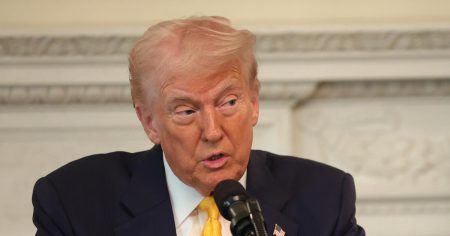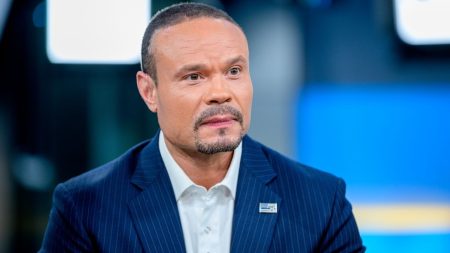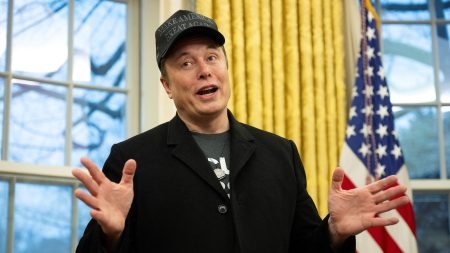The Philadelphia Eagles’ Super Bowl Victory and Potential White House Visit
The Philadelphia Eagles’ thrilling victory in Super Bowl LIX over the Kansas City Chiefs has brought the city to life with celebration and pride. Following their impressive 40-22 win, discussions have begun about whether the team will visit the White House, a tradition for championship teams. While the White House and the Eagles have yet to confirm any plans, speculation swirls, especially after past controversies during President Trump’s term. The Eagles’ ownership has expressed openness to the visit, signaling a potential departure from the 2018 incident where their trip was canceled due to political disputes over national anthem protests.
A Brief History of the Eagles’ Super Bowl Success
This victory marks the Eagles’ second Super Bowl win in seven seasons, a testament to their resilience and talent. Their journey to this point includes overcoming setbacks and building a strong team dynamic. Historically, the Eagles had faced Super Bowl heartbreaks in 1980 and 2005 before their 2018 win. This recent triumph cements their legacy, showcasing their dominance in modern football and the dedication of their fanbase, who have rallied behind the team with unwavering support.
The 2018 White House Visit Controversy: A Look Back
The Eagles’ 2018 Super Bowl win was marred by a political storm when President Trump canceled their White House visit. Citing disagreements over national anthem protests, Trump accused the team of planning a smaller delegation, though the Eagles had initially planned a full visit. This decision sparked widespread debate, with many viewing it as a reflection of broader political tensions. The incident highlighted athlete activism, particularly regarding racial equality, and the challenges of balancing sports and politics.
Player Reactions and the Broader NFL Response
In response to the 2018 cancellation, several Eagles players, including Malcolm Jenkins and Chris Long, were vocal about their reasons for not attending, emphasizing that their stance was not just about the anthem but about systemic issues. Their solidarity with movements like Colin Kaepernick’s protests underscored the NFL’s role in social activism. This era saw similar decisions by other teams, such as the Golden State Warriors and Boston Brewers, declining White House visits, illustrating a cultural shift in how athletes engage in political discourse.
The Tradition of Sports Teams Visiting the White House
The tradition of championship teams visiting the White House dates back to 1865 when President Andrew Johnson hosted baseball teams. Over the years, this practice has evolved, reflecting the cultural and political climate of each era. From President Reagan hosting the New York Islanders to President Obama’s welcoming of the Chicago Cubs, these visits have been moments of national celebration. However, recent years have seen increased politicization, making each visit a potential statement, as seen with the Eagles in 2018.
Celebrations and Reflections on the Eagles’ Victory
The Eagles’ 2025 parade was a vibrant celebration of their achievement, with fans filling the streets to honor their team. Jalyx Hunt shared insights into the excitement, including the unpredictability of such events. This victory is not just a win for the team but for the entire city, revitalizing a sense of community and pride. As the Eagles look ahead, their journey continues to inspire, both on and off the field, highlighting the power of sports to unite and transcend.





